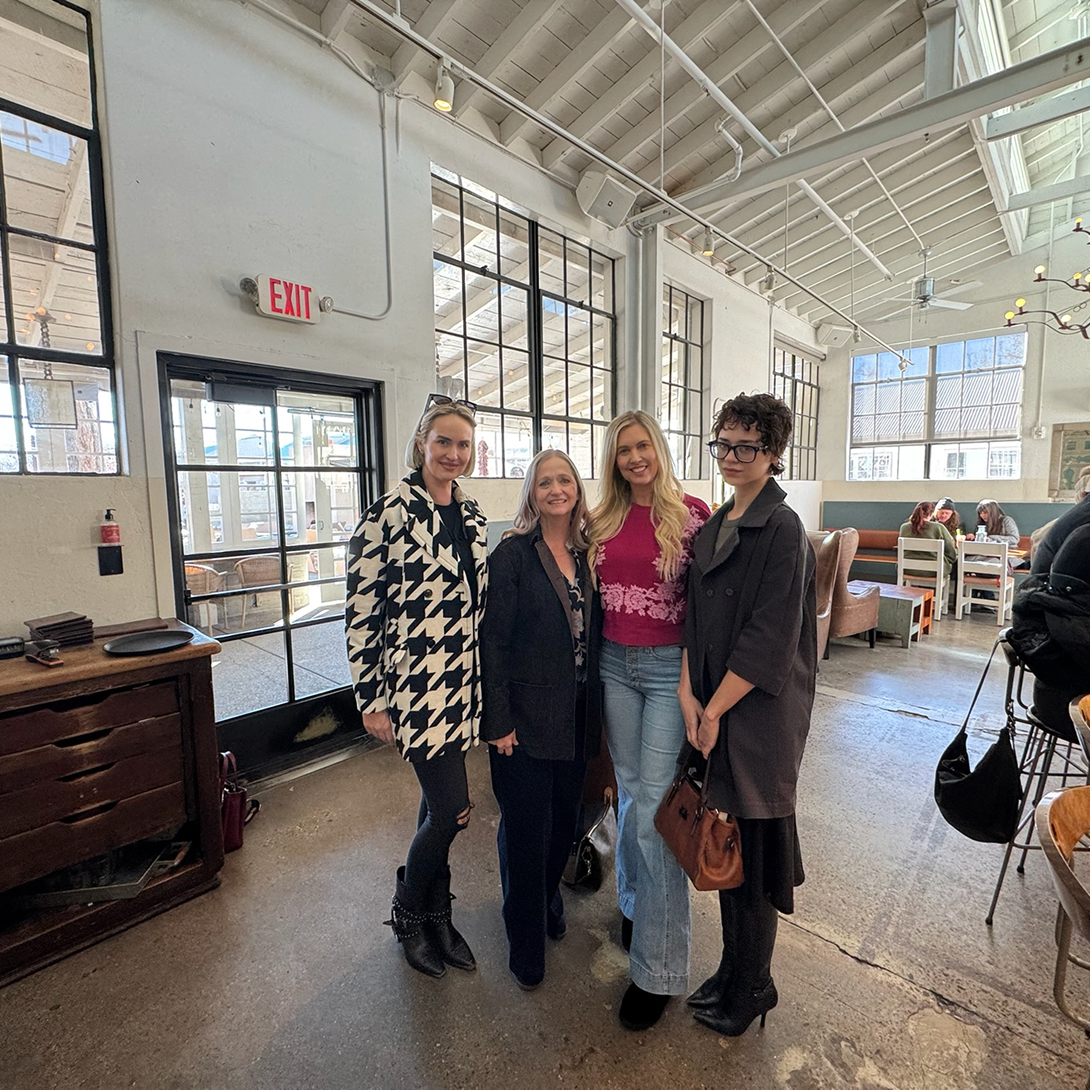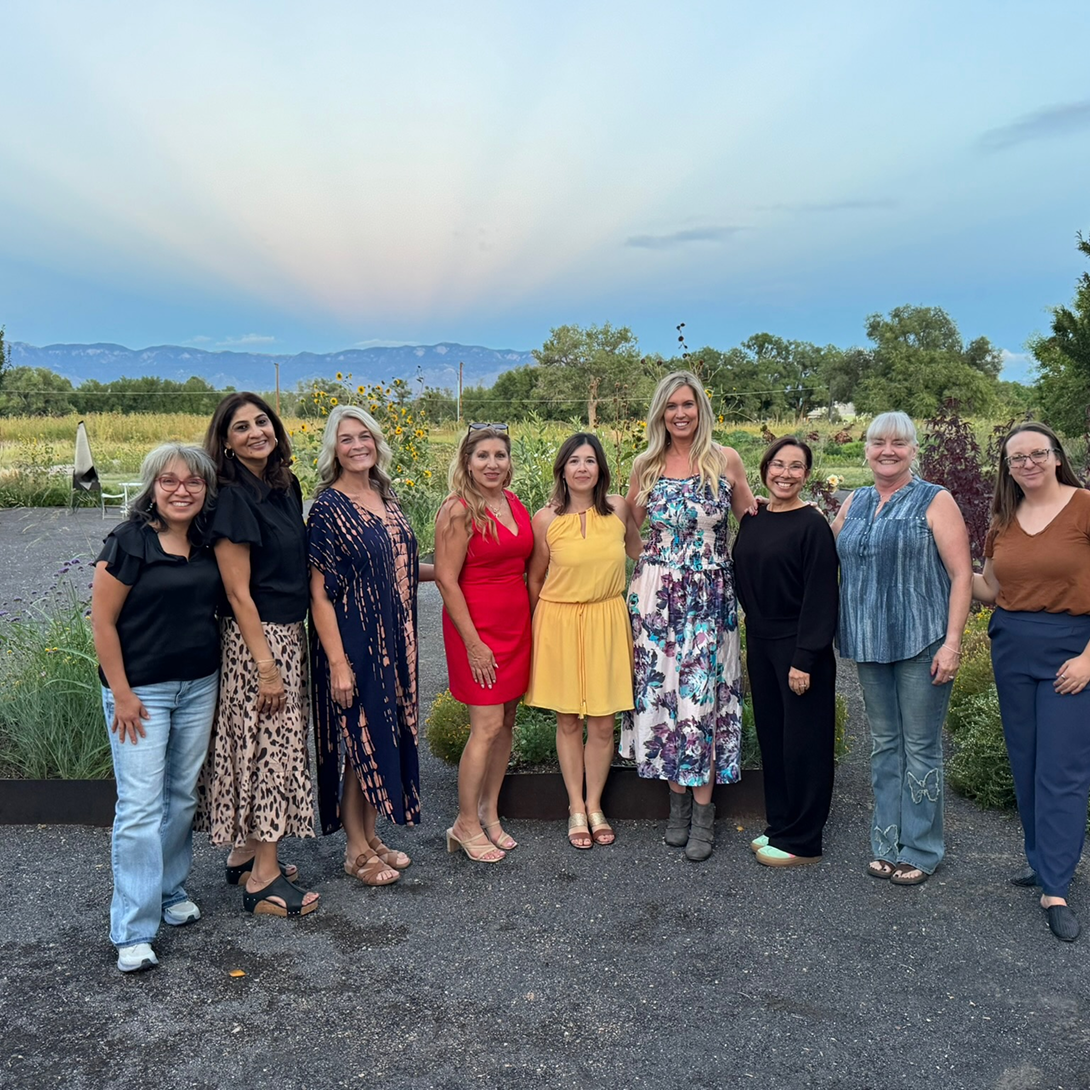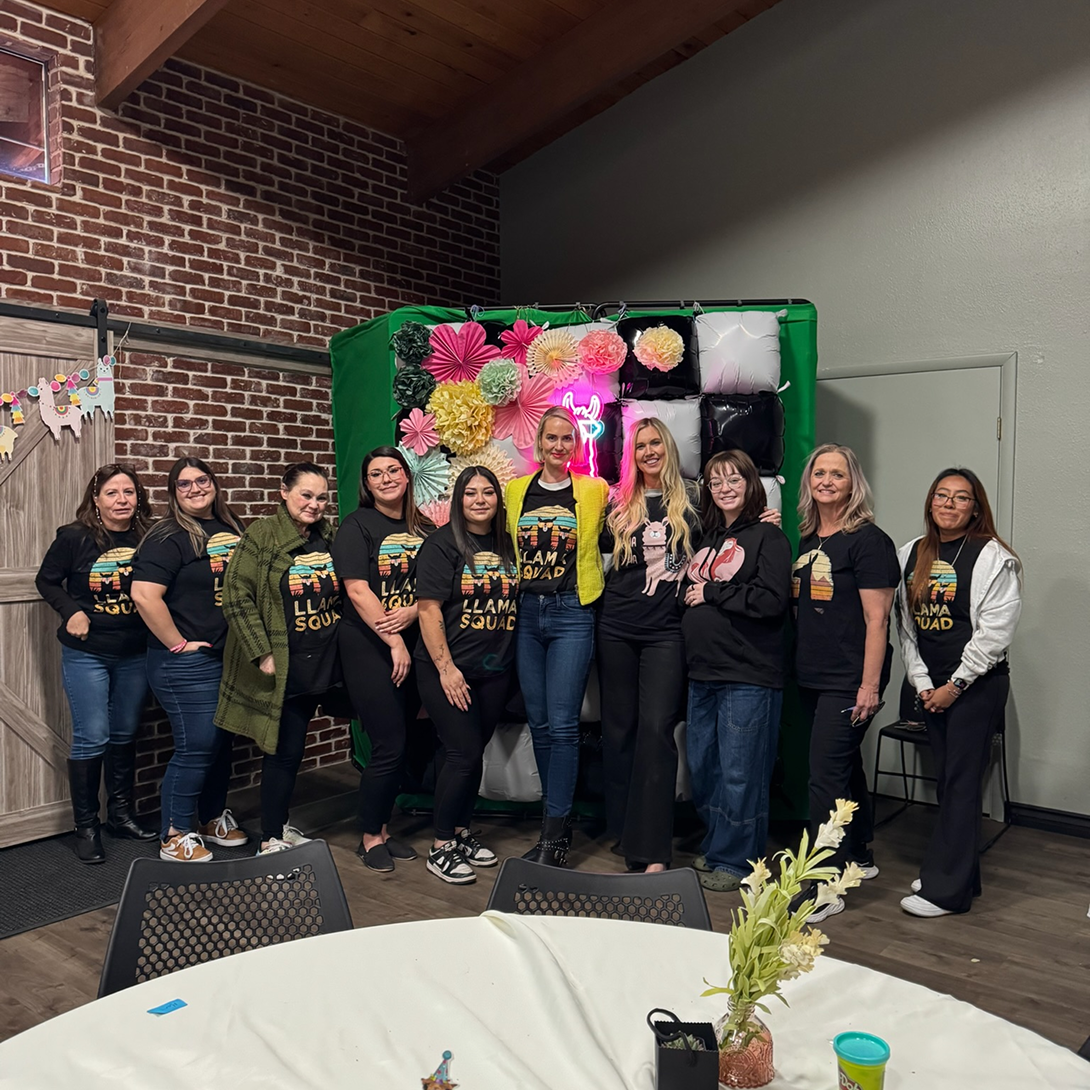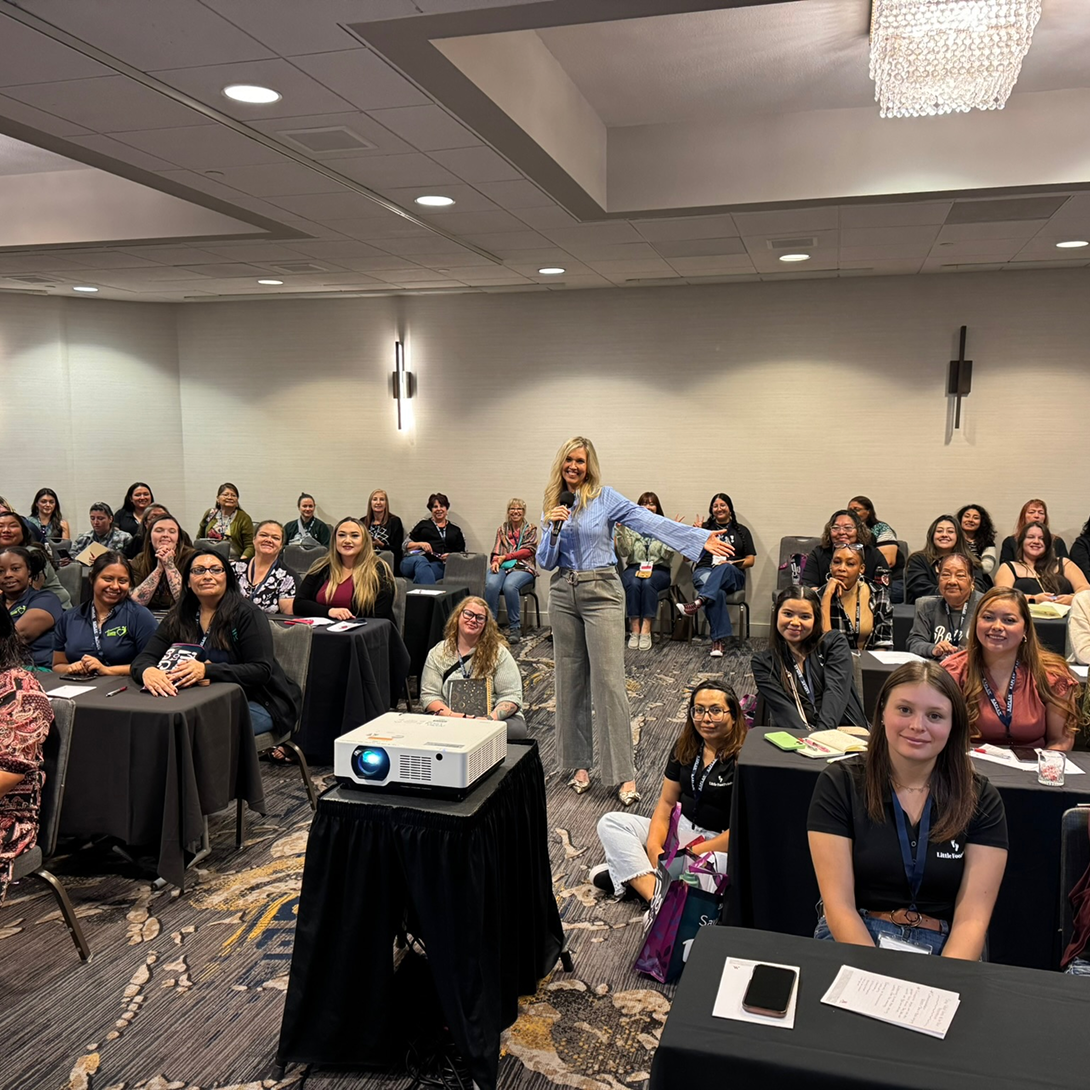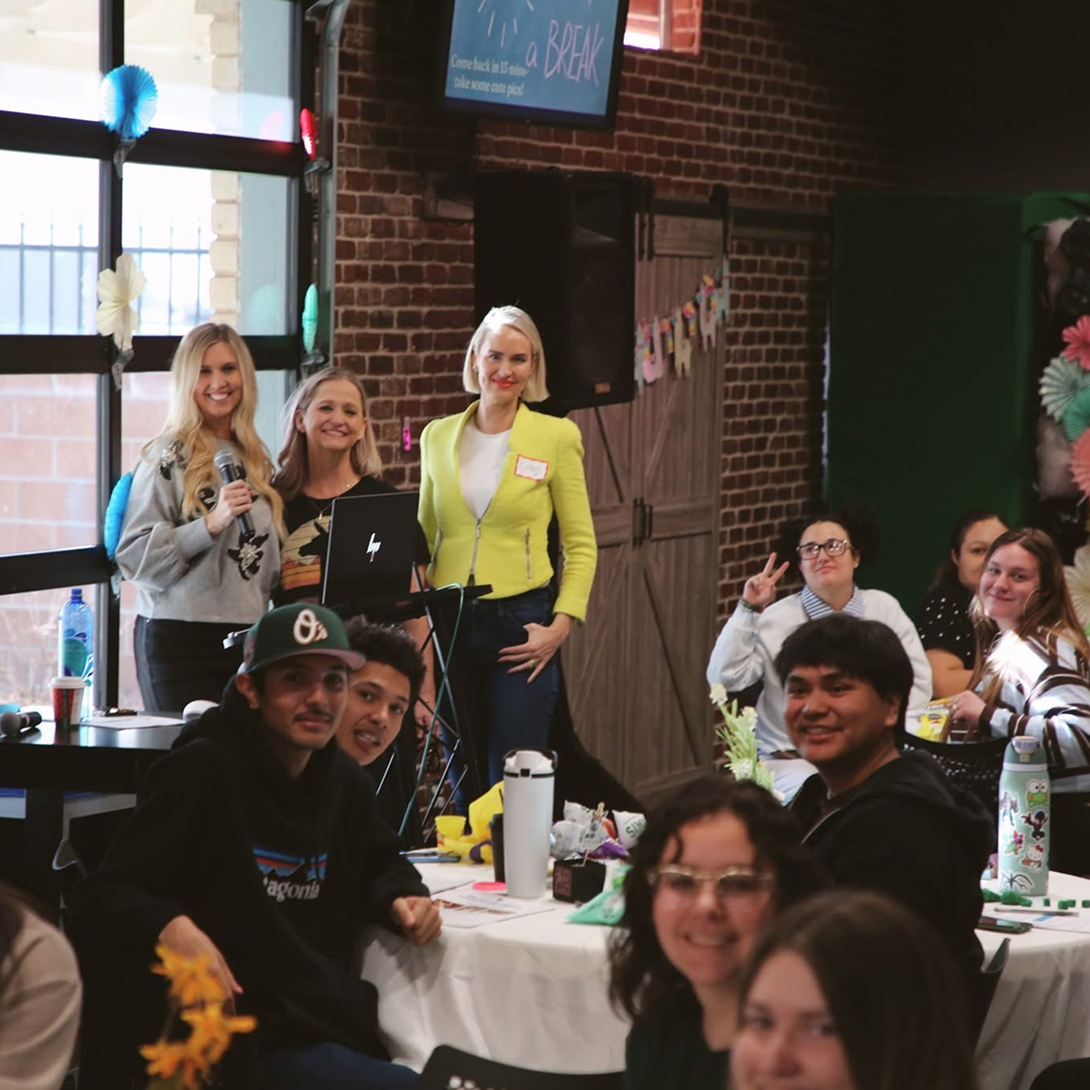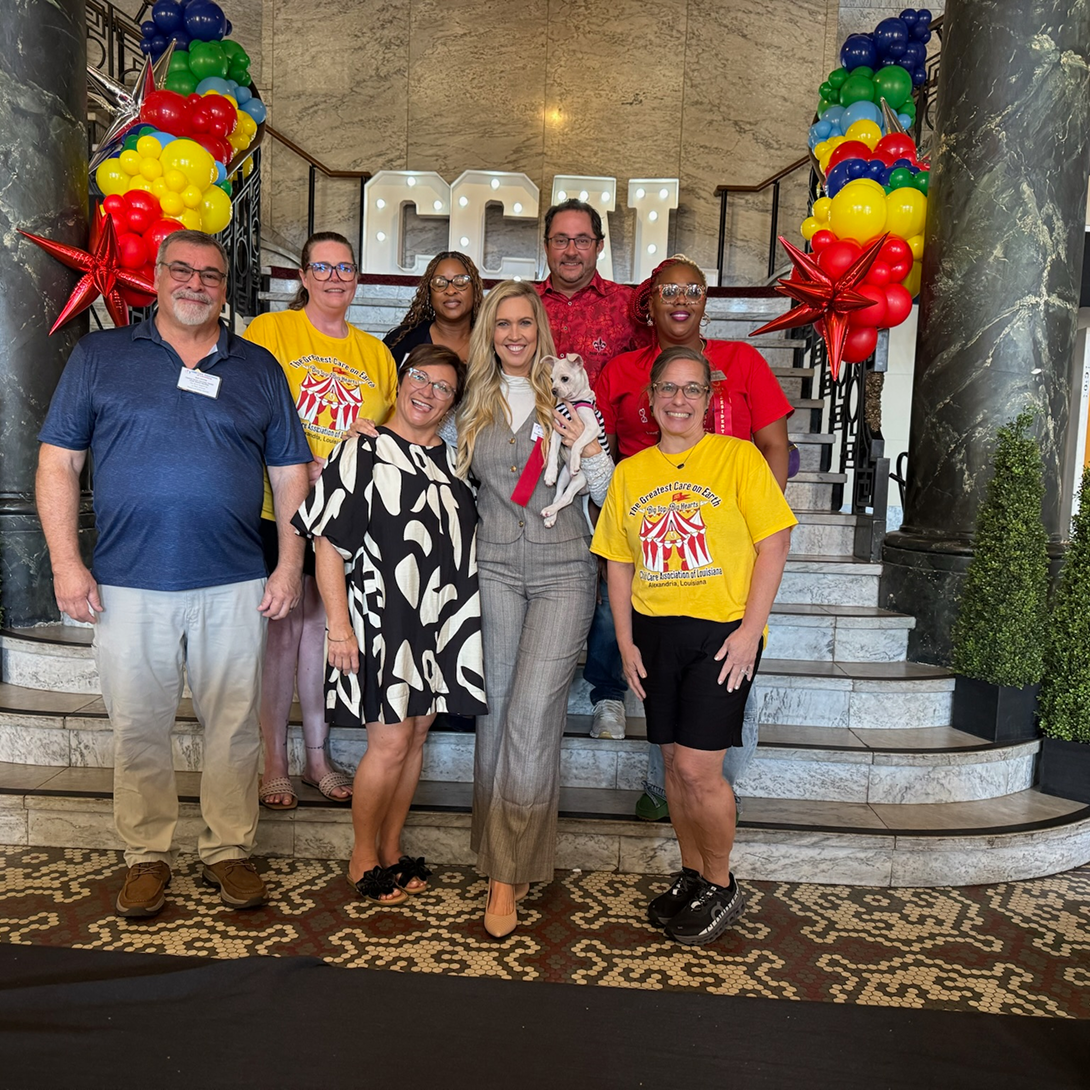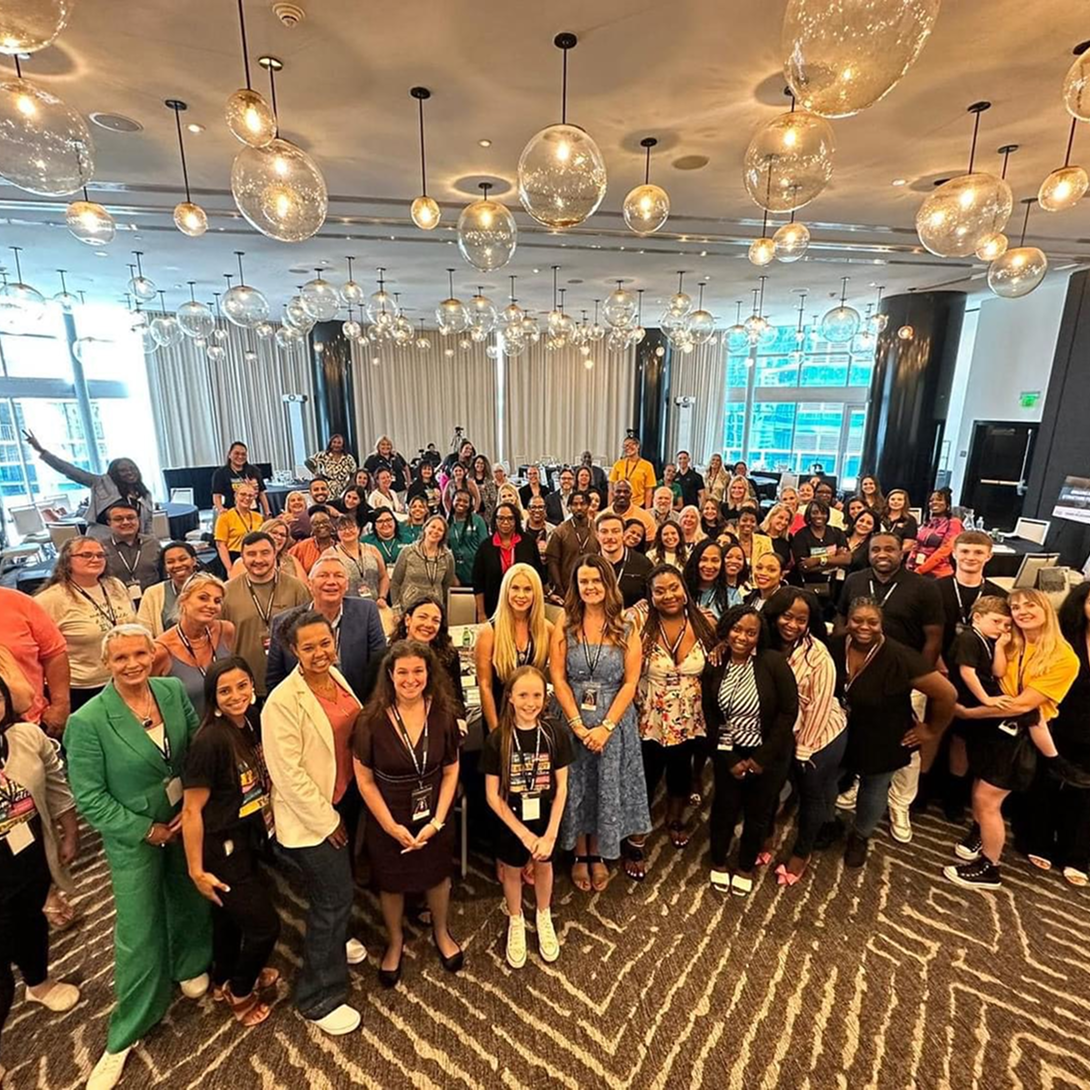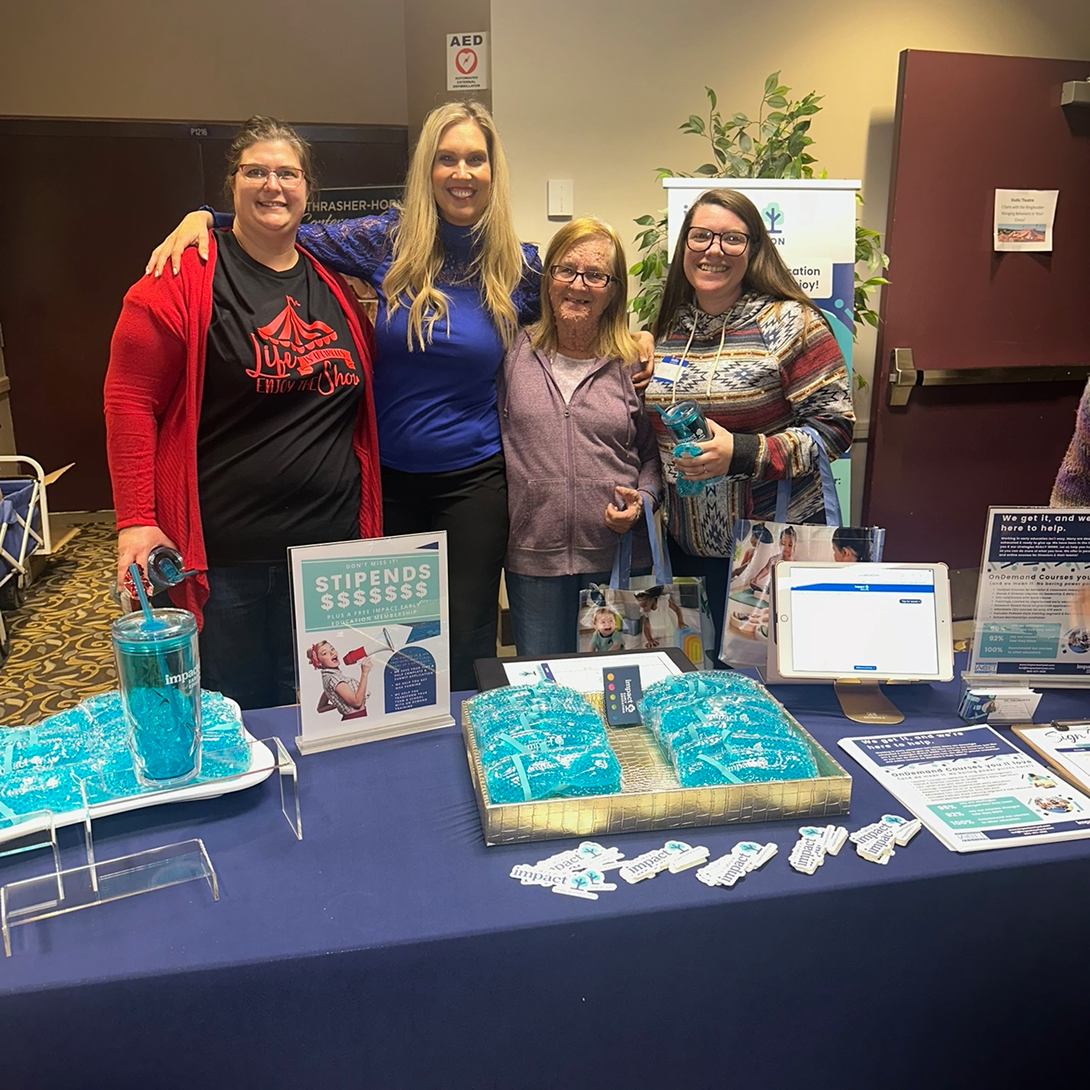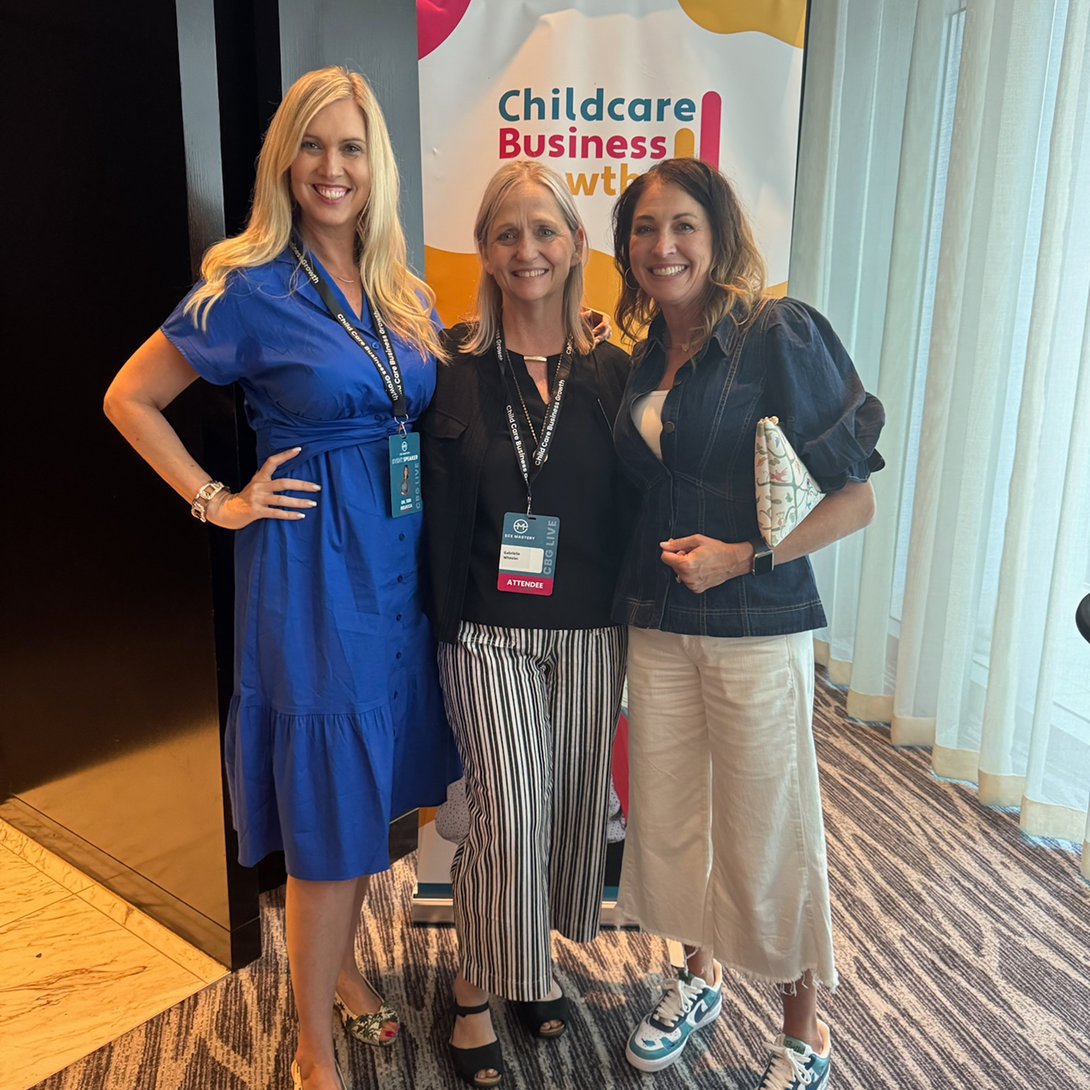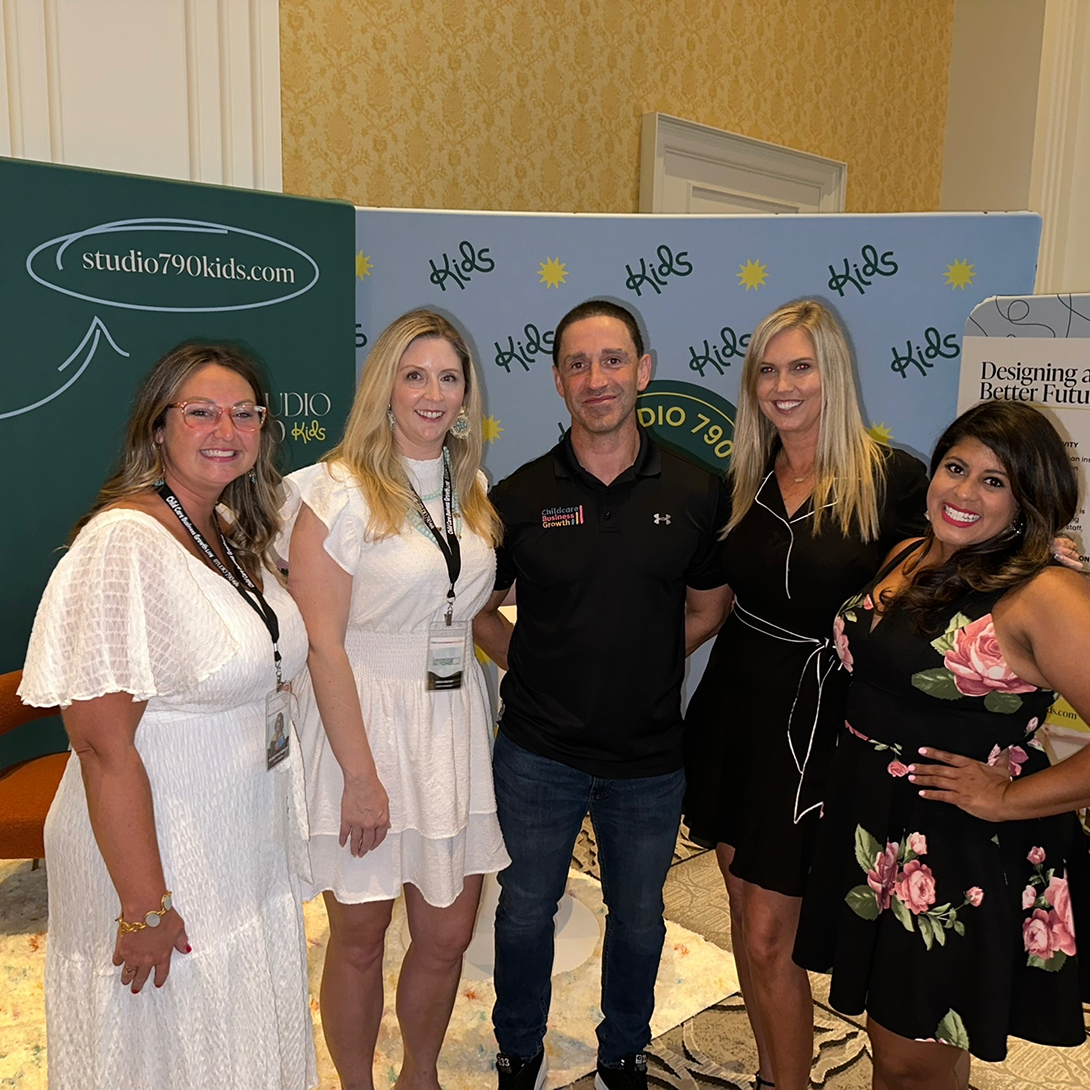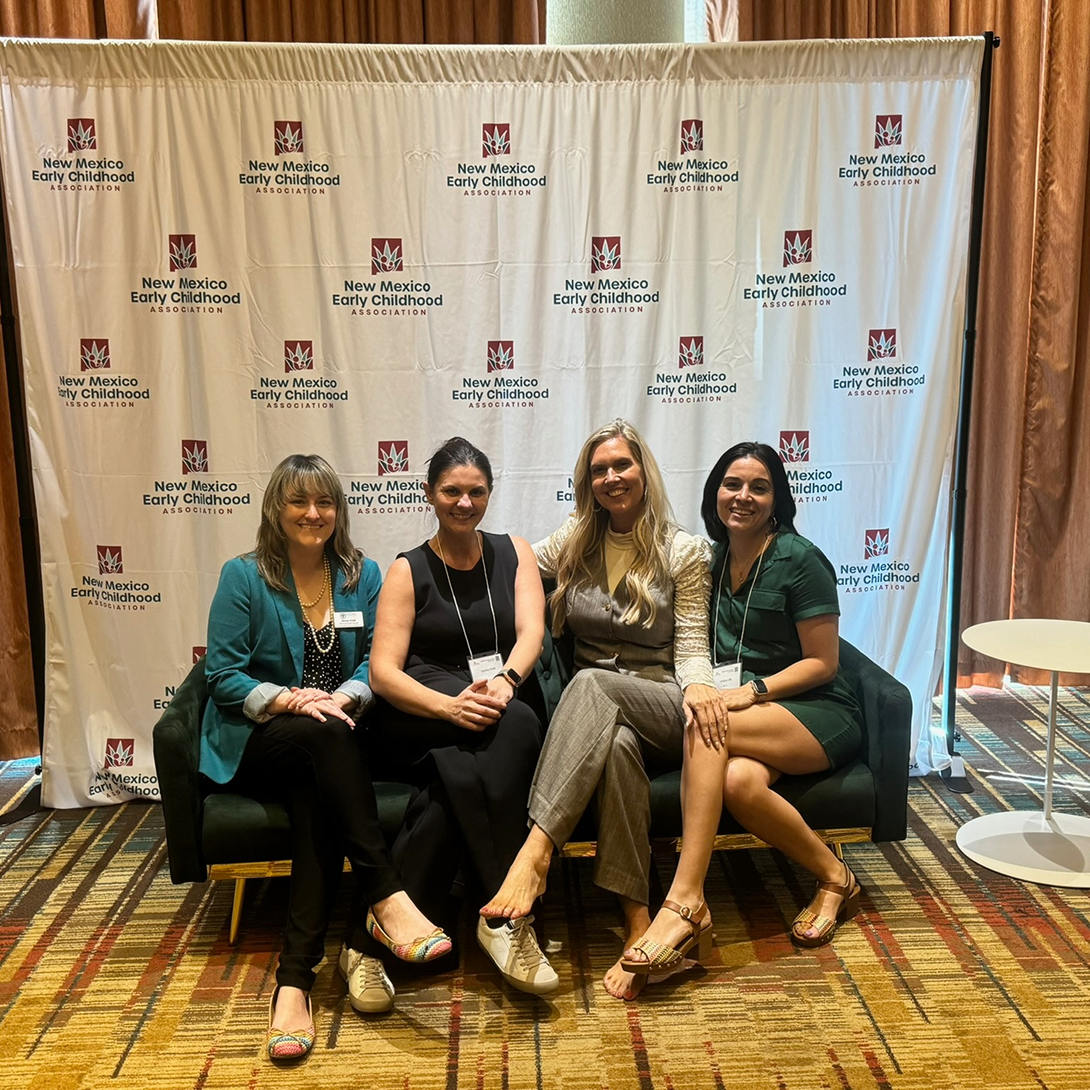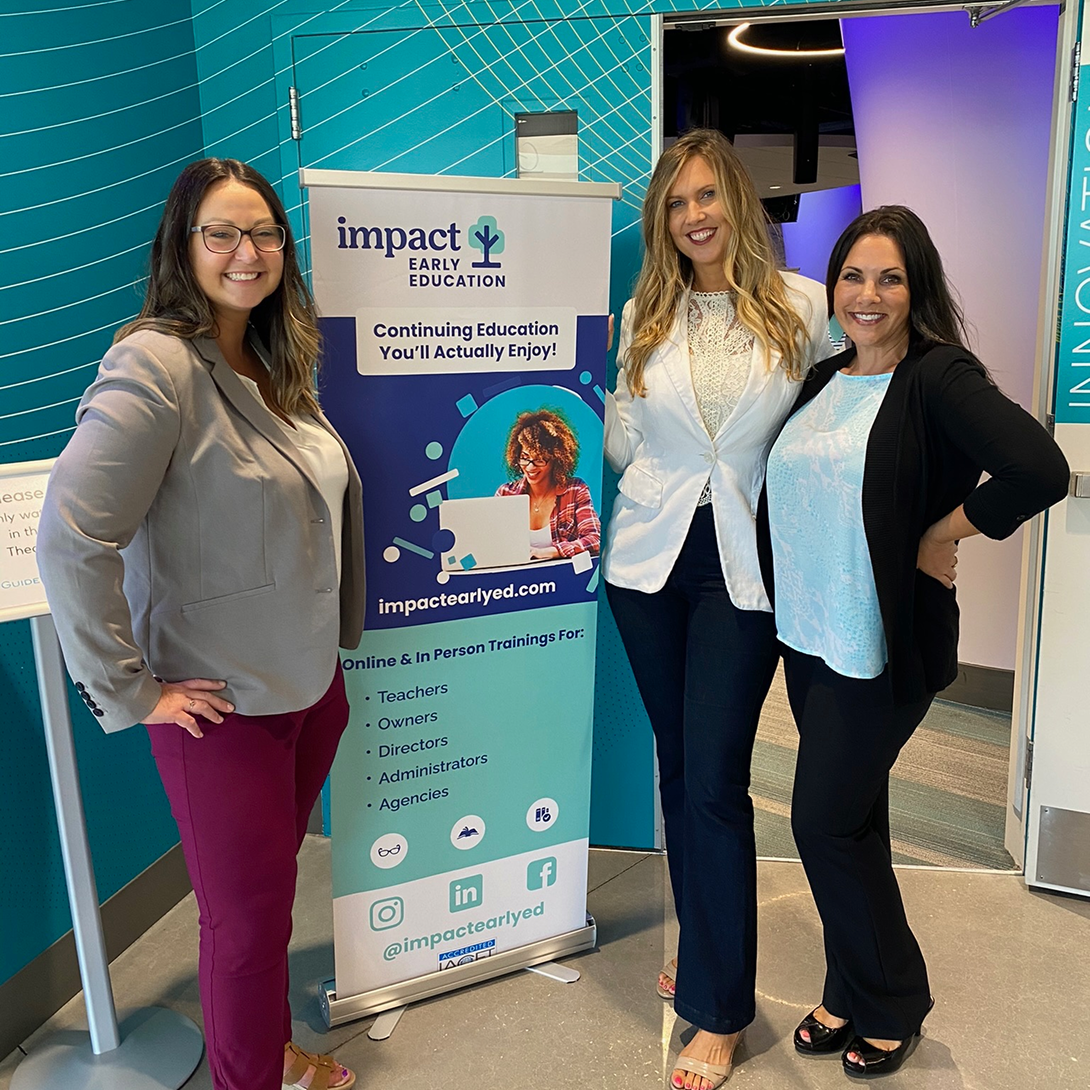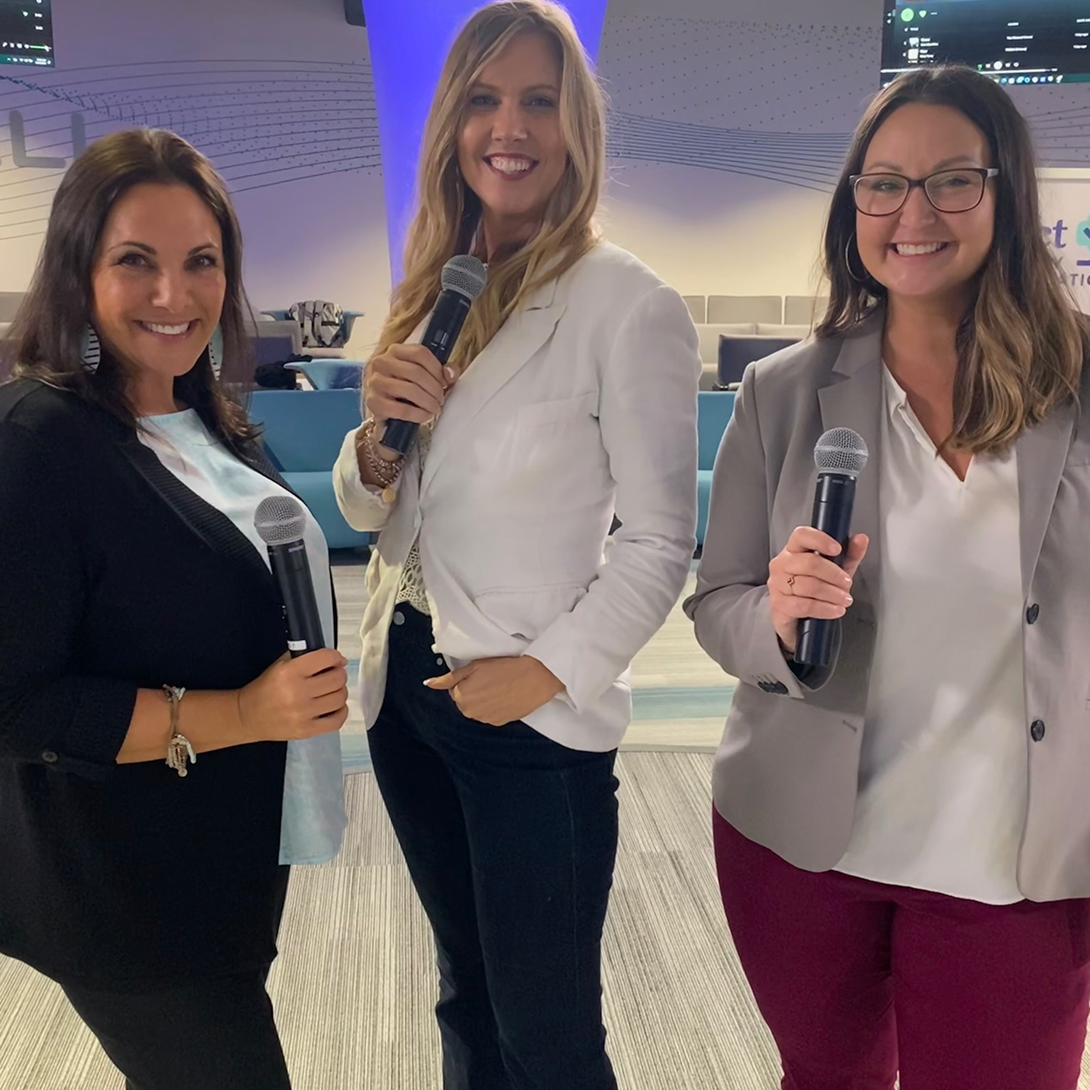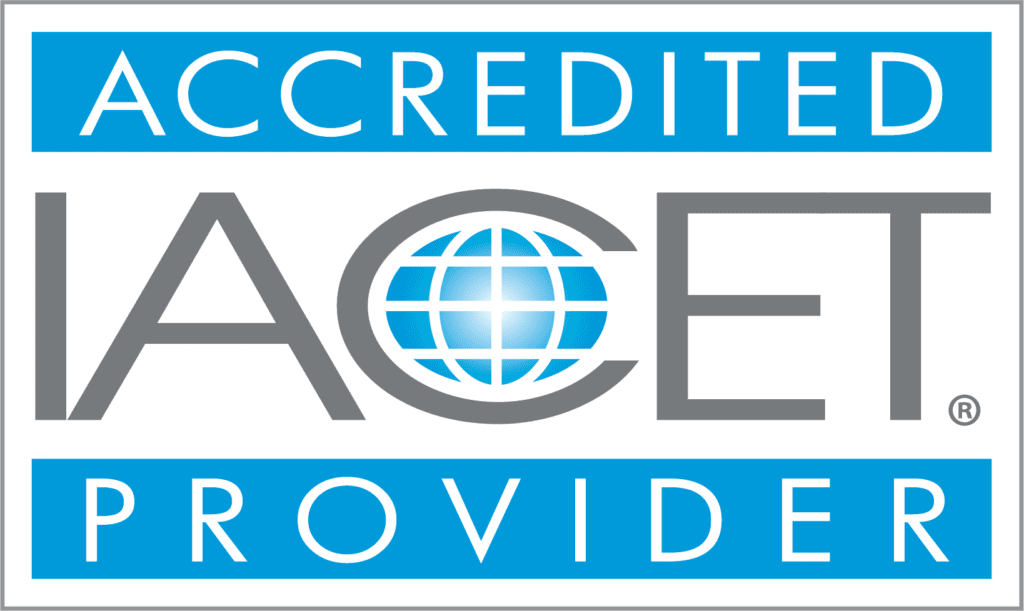Preschoolers are developing in so many ways at once that their physical and socio-emotional changes can amaze teachers and even parents. Cognitive development is certainly an area that most families expect teachers to help with. In fact, some parents expect teachers to be the primary person boosting their preschoolers’ cognitive development. That’s no small task, right? It’s important to first understand what typical cognitive development looks like in preschoolers. You see developmentally appropriate cognition in a 3-4 year-old as they count five objects, identify a few colors, speak in sentences, follow basic one-or-two-step commands, and ask simple questions.
At the preschool age, children love superheroes, and their rapid development must make them feel like superheroes at times. But they still find many cognitive tasks a challenge. At this age, children:
- See objects and events in isolation, without a cause-and-effect connection; they live in the moment!
- View the world from their immediate frame of reference — “bear” means their stuffed bear, and not all kinds of bears
- Can’t categorize by concept, but may intuitively sort objects, so they might not “put all the ‘soft’ things in the basket,” but they might be able to place “all the animals” in a toy barn while leaving blocks alone
- Attribute their emotions to objects and others, seeing the world only from their point of view
- Understand a bit about sequence and routine, but have yet to master the concept of hours, days of the week, or possibilities in the future
- Have a vocabulary of 1,000-2,000 words on average, without being able to use words in the thought process to come to new results
- Imitate models’ actions without understanding what the model is accomplishing (such as sweeping with a broom, but not using a dustpan)
The Preoperational Stage
Around ages three and four, most kiddos are in a stage of “preoperational” learning, according to Jean Piaget. He said that this phase occurs between the hands-on, “sensory-motor” engagement of toddlers and the logical and abstract reasoning stages of six-year-olds and beyond.
As children transition through these stages, teachers can stimulate youngsters’ progress with:
- Lots of symbolic play and role-playing: We make “sandwiches” with blocks or clay in our “restaurant,” or camp in the tent made of blankets
- Self-correcting materials like puzzles, or blocks in graduated sizes to put in order
- Reading nursery rhymes, encouraging verbal recall and auditory perception skills with repetition and rhyme
- Encouraging imitation accompanied with talk about the activity: “What will happen if we pour all the water in the hole?”, “How does Sara feel when you bring her the book? Is she smiling?”
Keep in mind that the physical and socio-emotional can reinforce cognitive development and vice versa! A gross-motor activity can refresh attention and “reset” learning. Sharing and taking turns contribute to mastering patterns and sequence, which help with math skills.
Cognitive skills like memory and expressive language also help engage socio emotional skills. As a teacher, you know your students better than anyone, and you can help them learn and grow using all sorts of strategies. This is where creativity is key!
Help Your Students Increase Their Thinking Abilities
Children are picking up new things every day, especially when they’re exposed to new ideas and activities, like at school. As long as they’re exploring and discovering something every day, they’re going to advance in their thinking and reasoning skills, and their abilities will continue to increase. Remember to try and scaffold activities based on their current level. This means you stay just a little above where they are currently at so they are challenged. By planning lessons focused on cognitive development, you can help lead your little ones toward success!
At Impact Early Education, we know your work is never done. That’s why we provide valuable professional development courses for preschool teachers, directors, and owners in a way that works for you. To learn more, explore our courses or contact us today.


